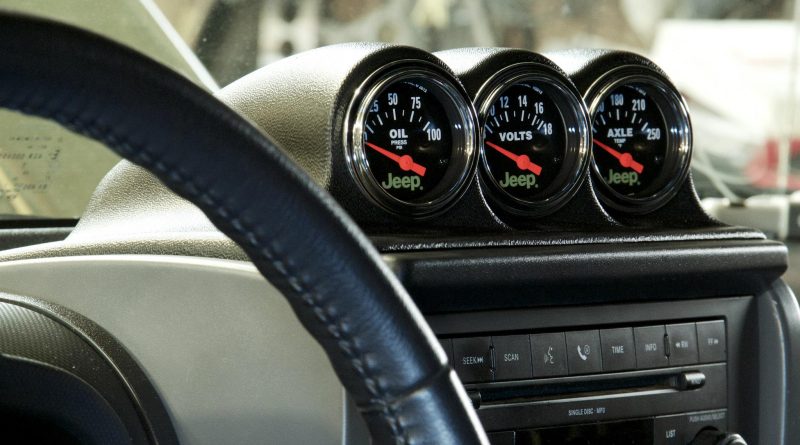How to Install an Auto Gauge Kit
There are several types of auto gauge kits available. For example, you can choose a gauge for oil pressure, water temperature, and air/fuel ratio. Depending on your needs, you can even choose a kit with a voltmeter. A voltmeter is ideal for measuring the current voltage in a vehicle, while an auto gauge kit is suitable for most 12V vehicles. Most auto gauge kits are easy to install and use, and they assure greater accuracy and greater safety margins.
Air/fuel ratio gauge
When comparing air/fuel ratio gauge kits, MTX-L PLUS offers an impressive set of features. In addition to the gauge, you’ll receive a silver bezel, white faceplate, and 8-foot sensor cable. Additionally, the kit contains a program cable and the LSU 4.9 Wideband O2 sensor. In addition, the wideband gauge is incredibly easy to install. Unlike most kits, MTX-L PLUS comes with everything you need to install it.
A wideband air/fuel ratio gauge kit includes all parts needed for installation. It comes with a wideband oxygen sensor, 12-Volt Wideband controller, and data logging output wire. It is also complete with the mounting hardware and wiring needed for a hassle-free installation. You’ll also be able to take full advantage of the wideband air/fuel ratio gauge’s failsafe mode, which activates an override strategy in the event the engine loses power due to a fuel mismatch.
Speedometer
Adding a speedometer to your car can be simple if you have the right speedometer auto gauge kit. These kits include everything you need to install a new speedometer, including a new odometer. Many of these kits have all of the wiring you need, including sending units and a voltmeter. If you want to add more gauges, there are also aftermarket kits that include the gauges in package solutions.

Water temperature gauge
If you want to install a water temperature gauge in your car, you should know how to install it. There are two types of gauges: analog and digital. The analog type comes with all the parts necessary to install it. Both types have an analog display and come with the necessary parts needed for installation. The digital type includes an electronic water temperature sensor with a 1/8 NPT thread. The mounting bracket and the gauge visor are included as well. The instructions will walk you through the installation process.
The AutoMeter electronic water temperature gauge is a great option if you want to monitor the coolant temperature in your engine. These gauges display up to 300deg Fahrenheit. The AutoMeter gauge is one of the best-known and trusted water temperature gauges on the market. Its advanced 1/8″ NPT temperature transducer provides accurate readings. Installation of the gauge is as easy as installing an oil-based gauge.
Oil pressure gauge
Installing an oil pressure gauge in your car is an easy DIY project, and with the help of an Auto gauge kit, you can make this vital instrument work as well as it looks. This nifty gauge is comprised of a coiled copper tube and a knurled connector. The coiled tube connects to the back of the gauge and a small bulb at the bottom. The oil pressure in the supply pipe affects the resistance of the oil pressure sensor, so the higher the pressure in the car, the more the needle will move.

When purchasing an auto gauge kit, it’s important to find one that will work for your vehicle. You’ll need a pressure sensor that can accurately measure oil pressure in different ranges. You can get an analog gauge that has a range of 0 to 100 PSI. These gauges have an easy-to-use interface, and they use a single 1/8-27 NPT oil pressure sensor. A factory pressure sensor or oil filter sandwich adapter can be used for installation, too. If you’re replacing an existing gauge, you’ll need to purchase additional threading adapters for it.
Voltmeter
If you’re in the market for a new automotive gauge, you’ve come to the right place. You can now install the latest Voltmeter auto gauge kit in your car without the hassle of rewiring your car’s power system. These gauges work on 8-18 volts on negative ground and offer category-defining accuracy. They are compatible with both 16-volt and 12-volt systems and fit well with nearly any car’s electrical system.
